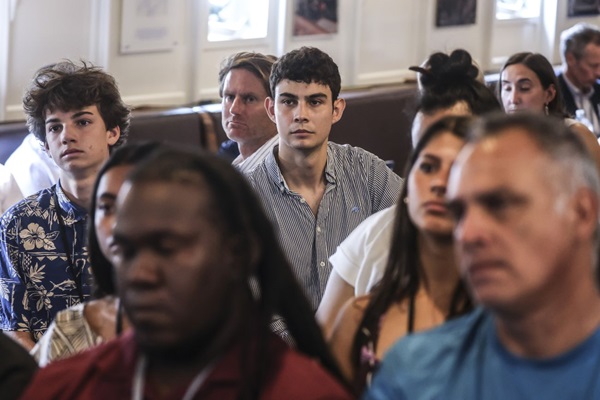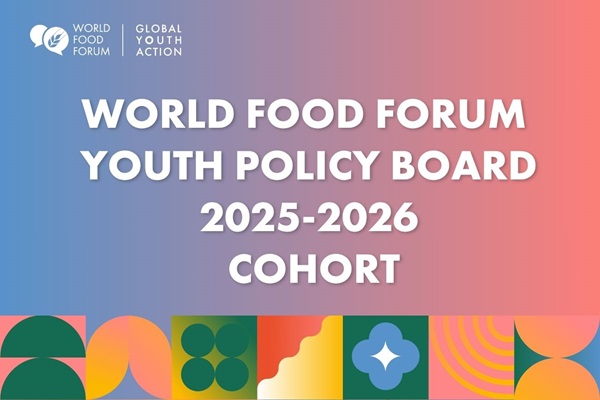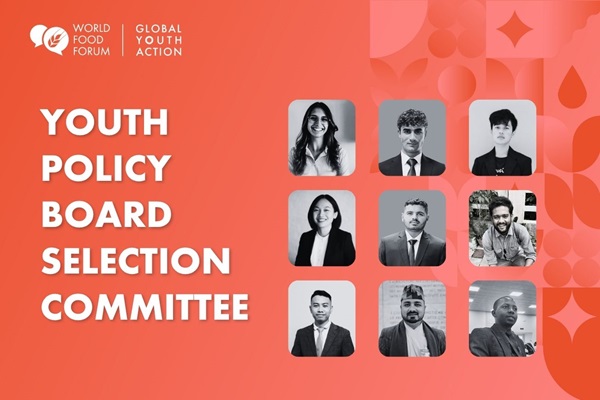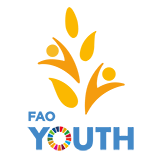Youth Assembly
Regional
consultations
and sessions
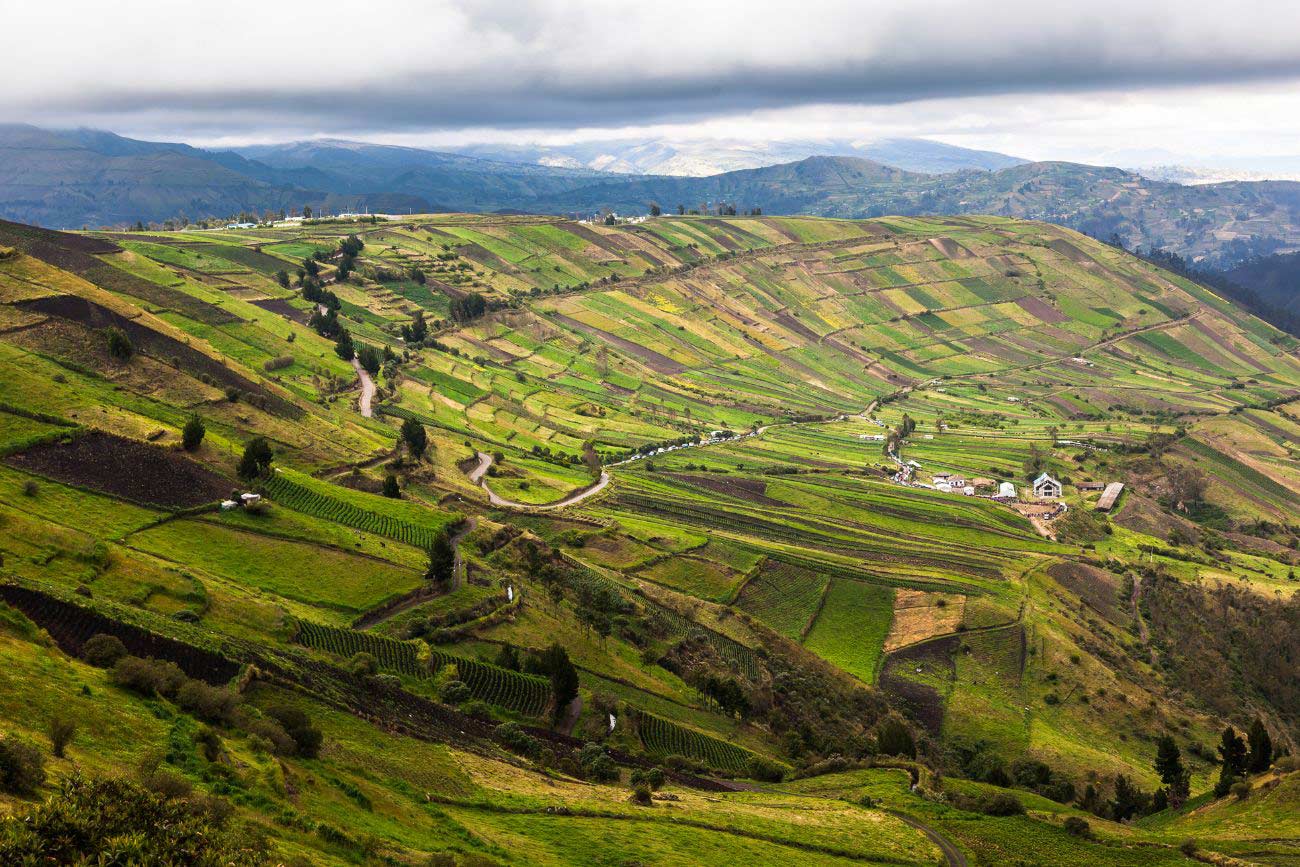
Latin America and the Caribbean
Regional achievements
Since 2022, the WFF Latin America and the Caribbean Youth Assembly has engaged over 1 000 young people through regional consultations on agrifood systems, identifying five key priorities: investing in resilient agrifood systems, supporting smallholders, valuing Indigenous knowledge, ensuring inclusive environmental education, and promoting food sovereignty.
Building on this foundation, the 2023-2024 period saw more than 600 participants join seven regional consultation sessions, refining these priorities to emphasize agroecology, inclusive policies and increased access to finance. These efforts have shaped a targeted strategy to address the region's agrifood challenges and empower young changemakers.
Timeline
- 2021: Launching the Youth Action Compendium
In 2021, the Youth Assembly launched the Youth Action Compendium, highlighting youth demands in agrifood systems with a focus on the FAO's Four Betters: Better Production, Better Nutrition, Better Environment and Better Life.
- 2022: Laying the foundation
In 2022, the Latin America and the Caribbean region initiated the development of its Youth Action Regional Compendium, analyzing over 30 youth-led documents and holding virtual consultations and surveys. Key policy priority areas for the region included investments in small producers, inclusive education and sustainable agriculture, and highlights agroecology, food sovereignty and Indigenous knowledge serving as a foundation for advocacy and regional initiatives.
YPB members leading
Latin America and the Caribbean regional efforts
- 2023: Identifying challenges and calls to action
In 2023, the Latin America and Caribbean region focused on agroecology, youth participation and educational models with a gender focus, culminating in a youth call to action.
- 2024: Narrowing the focus
By 2024, the Latin America and the Caribbean Youth Assembly emphasized youth-led initiatives, the importance of policies addressing food systems and the need to strengthen cross-sector collaborations to drive inclusive change, setting the stage for the Global Youth Action Plan (GYAP) 2025-2026.
Regional policy priority for the GYAP
The selected regional priority for the the GYAP is to support disseminating knowledge on finance, credit and funding to diverse rights holders while preserving, acknowledging and sharing Indigenous knowledge. This will advance agroecology, local and nature-based solutions, and efforts to conserve biological diversity and mitigate climate change.
Actionable items in the Regional Youth Action Plan
- Promote mechanisms to improve access to finance.
- Foster multistakeholder partnerships and intergenerational knowledge sharing for sustainable agrifood systems.
The action plan will be implemented throughout 2025-2026. For more details, explore the timeline below or consult the document.
Regional Youth Action Plan Implementation Timeline
2025
Q1
- Identify mentors and partners for the capacity development programme.
- Develop an awareness campaign strategy on nature-based solutions, ancestral knowledge preservation and agroecology.
Q2
- Develop a financial literacy program with new partnerships and expert support.
- Secure commitments from one country per sub-region and three value chains.
- Launch an awareness campaign via social media and email outreach.
Q3
- Set the first draft of the financial literacy capacity-building programme.
- Launch the social media awareness campaign.
Q4
- Develop a podcast series with WFF National Youth Chapters, aligned with the awareness campaign.
- Collaborate with the Young Scientists Group to create outreach materials from podcast stories.
- Expand support from governments, value chains and organizations through continued advocacy.
2026
Q1
- Launch financial literacy materials and pilot Intergenerational Dialogues in the Global Indigenous Youth Caucus.
- Gather insights from participants into a compendium.
Q2
- Evaluate the programme, focusing on lessons learned and key indicators.
- Launch a social media campaign to share the programme’s results.
Q3
- Prepare reports on the financial literacy programme and the pilot Intergenerational Dialogues outcomes.


